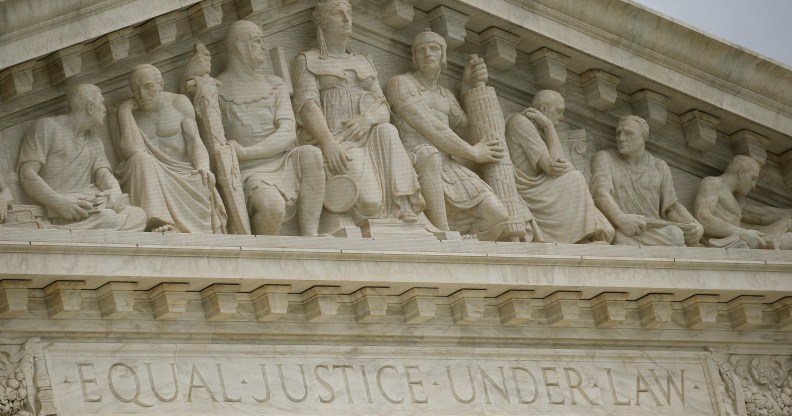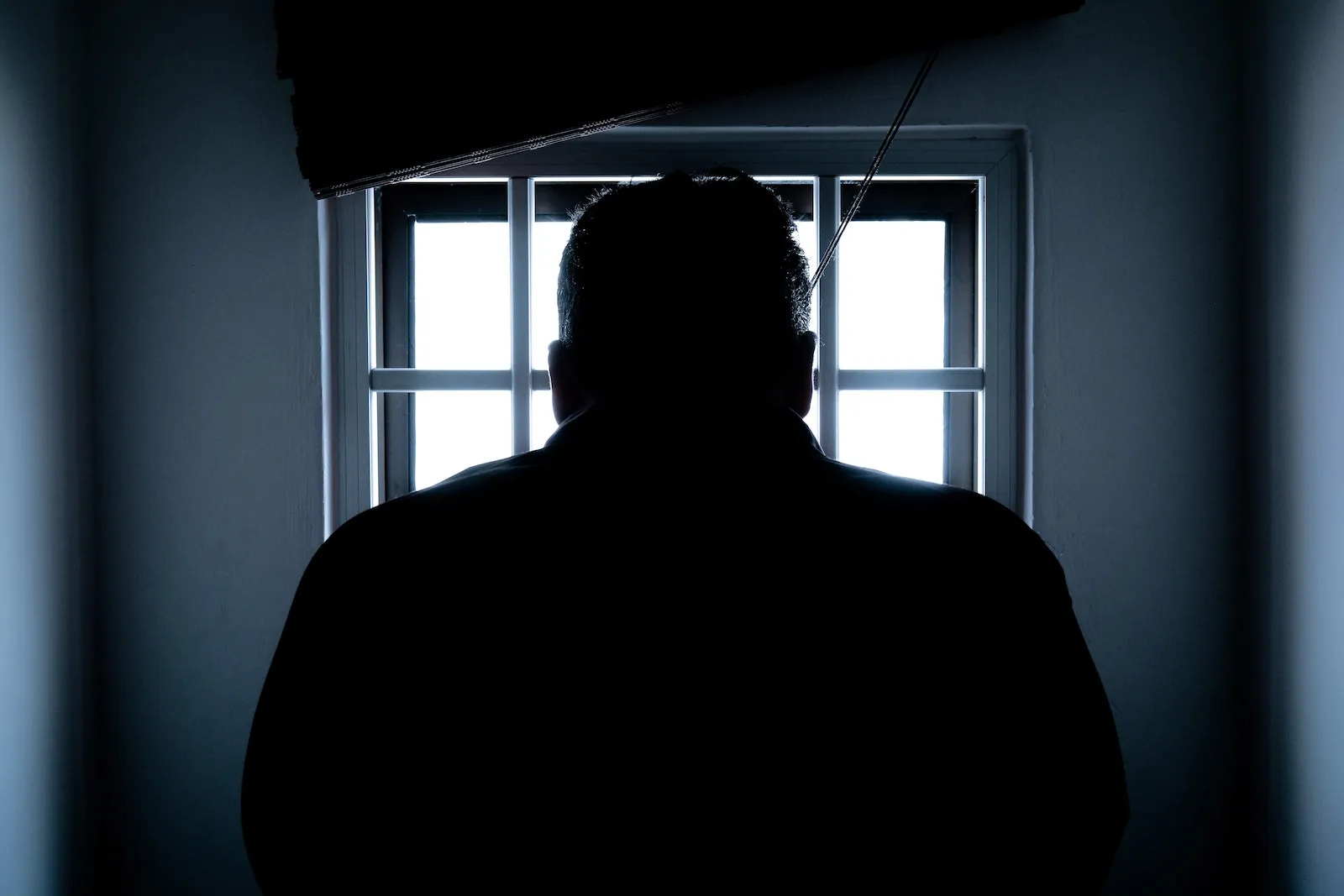Supreme Court rejects gay death row inmate’s appeal

The Supreme Court rejected Charles Rhine’s appeals. (Mark Wilson/Getty)
The US Supreme Court has rejected an appeal by gay death row inmate Charles Rhines amid claims he was given a harsher sentence because of his sexuality.
Rhines was charged in 1993 for stabbing a doughnut shop employee to death during a robbery in Rapid City, South Dakota.
Prison may be too fun with other men, says jury
According to sworn statements from 2016, the South Dakota jury that convicted Rhines may have given him the death sentence instead of life imprisonment because of anti-gay prejudice.
“If he’s gay, we’d be sending him where he wants to go,” Frances Cersosimo noted another juror saying.
“We also knew he was a homosexual and thought he shouldn’t be able to spend his life with men in prison,” said juror Henry Keeney in his sworn statement at the time.
Charles Rhines’ many appeals against death row
Rhines made a similar appeal last year. His appeals follow a New York Times report in 2017 where the jury’s deliberations were used to prove evidence of racial bias in Miguel Angel Peña Rodriguez’s case.
Usually proof of misconduct cannot be used to alter a conviction as the jurors’ thoughts should remain private.
“Mr. Rhines’s case represents one of the most extreme forms anti-LGBT bias can take.”
— Ethan Rice
But, South Dakota’s attorney general Jason R. Ravnsborg, asked the Supreme Court to ignore Rhine’s case as he believes sexual orientation is not as serious as racial issues.
“Sexual orientation is not immutable to the same extent as race,” Ravnsborg wrote. “No politician has ever proposed constructing a wall to keep homosexuals out of the country.”
“The alleged juror comments here are not clear and explicit expressions of animus toward homosexuals,” Ravnsborg added. “At best, they fall into the category of an ‘offhand comment’.”

Charles Rhines believes he would’ve received life imprisonment rather than the death sentence if he wasn’t gay. (Pexels)
LGBT+ right groups such as Lambda Legal, the National LGBT Bar Association and the ACLU advocated on Rhines’ behalf.
“The constitutional right to a fair trial must include the right to establish whether a verdict or sentence was imposed due to jury bias,” said Ethan Rice, Lambda Legal Fair Courts Project Attorney. “Mr. Rhines’s case represents one of the most extreme forms anti-LGBT bias can take.”

